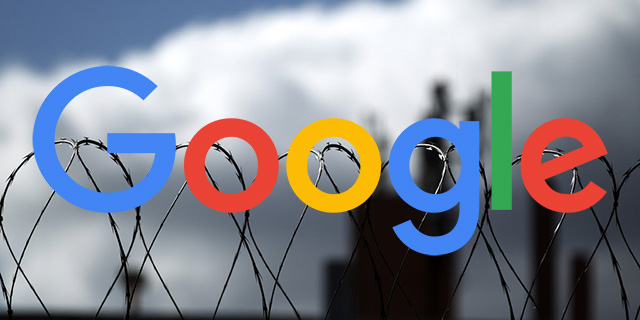Are you considering purchasing a used domain? Maybe someone has given you a great offer but you sense a potential scam?
If so, then figuring out how to check if a domain is penalized or blacklisted by Google is a crucial step to take.
Having a domain that has been penalized will harm your search engine rankings. Not only will your search engine rankings be harmed, you also may not be able to share links across social media, and antivirus software will tell your visitors that your site is unsafe.
Removing Google penalties is difficult and is not worth the hassle, especially if other options are available. You could be setting yourself up for failure right from the start if purchasing a bad domain.
The best way to avoid a troublesome domain is to do a little research. This is a straightforward process that should only take a few minutes.
Why would a domain be penalized?
There are a lot of factors that go into penalizing a domain. The most typical things that will cause penalties are spammy keywords in posts and a bunch of low-quality backlinks linking back to the domain.
Other things can include malware, the selling of fraudulent products, and illegal content.
Penalties can range from a slight lowering in the SERP (search engine result page) rankings to a complete deindex of a website. A deindex means that the domain will not be listed in Google, and it’ll be missing out on a significant portion of free traffic.
Think of a used domain like you would a car or computer. Examine how it has been utilized in the past and check the current records. Remember, just because a domain is digital, doesn’t mean it is immune to damage.
Now that you are familiar with penalties and what causes them, let’s determine if the domain is safe to buy.
Perform This Simple Google Search
This will help you determine if the domain is indexed by Google or not. A domain that does not show up in this search has probably been blacklisted.
It is possible that the domain is simply too young to show up or nobody has submitted it, but that would be a rare exception.
It is recommended to steer clear of domains that do not show up in the search engines under most circumstances.
Study the Domains Past
Studying the domain’s past should be your next step. What you’ll do is search for reviews and complaints regarding the domain in question.
If there’s a lot of negative feedback surrounding the domain, and it has been used to scam in the past, then this is a good sign that Google may have penalized it.
You can use the Better Business Bureau, Scam Advisor, and Scamvoid to aid in your research. These sites will give you a great indicator of what past owners may have done with the domain.
Another thing you can do is head over to archive.org. This website provides past screenshots of websites and allows you to determine how they have been used in the past. This can give you an excellent review of the domain in question.
Ask the Webmaster for Domain Stats
You should never blindly purchase a domain just because the name sounds good. Always ask the seller for a history of the domain’s stats.
Domain stats should include traffic charts and information regarding how the domain has been used in the past. David Parker, a web developer at dissertation writing services, says: “Traffic history will help you determine the amount of views it is receiving and if there were any significant drops in traffic”.
Anyone who’s honest should be glad to provide you with this information. You need to proceed with caution if the seller holds back this important data.
Check Virus Blacklists
There are a bunch of virus scanners that can blacklist a domain from social networks and search engines.
Many professionals recommend Sucuri for checking current and past virus threats. It is a comprehensive database of numerous virus scanners. You should also search around a few other sites to verify, but usually, one check will suffice.
A Quick Checklist
There is a quick list you can follow when buying domains. It is nearly foolproof and should work for all purchase decisions. Any domain that can check off all boxes from this list should be ready to go!
One last thing to note: Even if the domain has not been penalized, that still doesn’t mean you are out of the woods. You do not want to purchase a name with a terrible reputation as you’ll only end up inheriting that reputation.
- Domain can be found in Google
- No major complaints are surrounding the domain
- org reveals a clean and ethical use of its past
- Domain has no malware reports
- No bad reputation is surrounding the domain
- The webmaster has given you traffic stats
About the author: I’m Hannah Butler, a web developer with a huge experience. Besides, I’m a writer at WriteMyPaper4Me service. I combain gained knowledge in order to share my experience with others.
